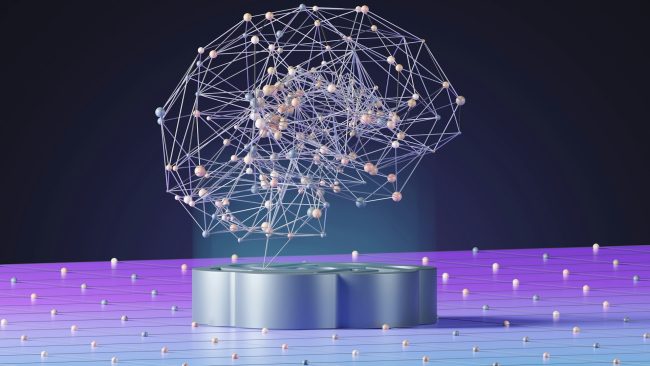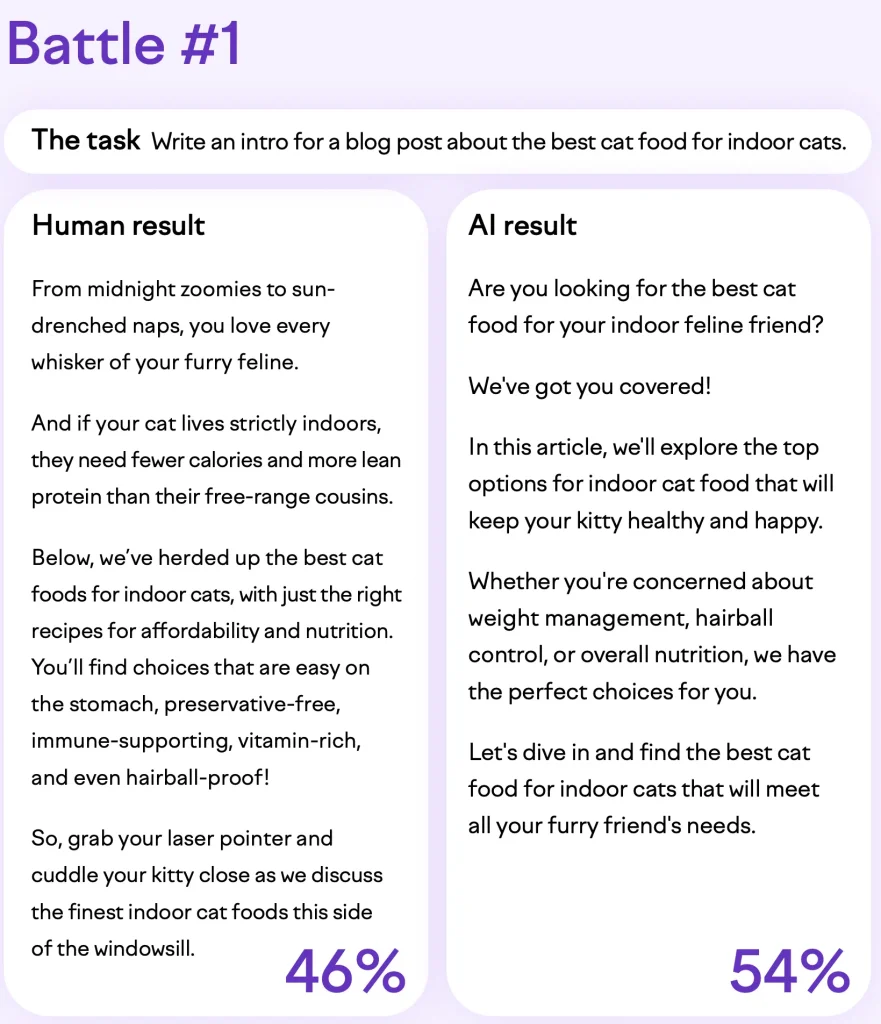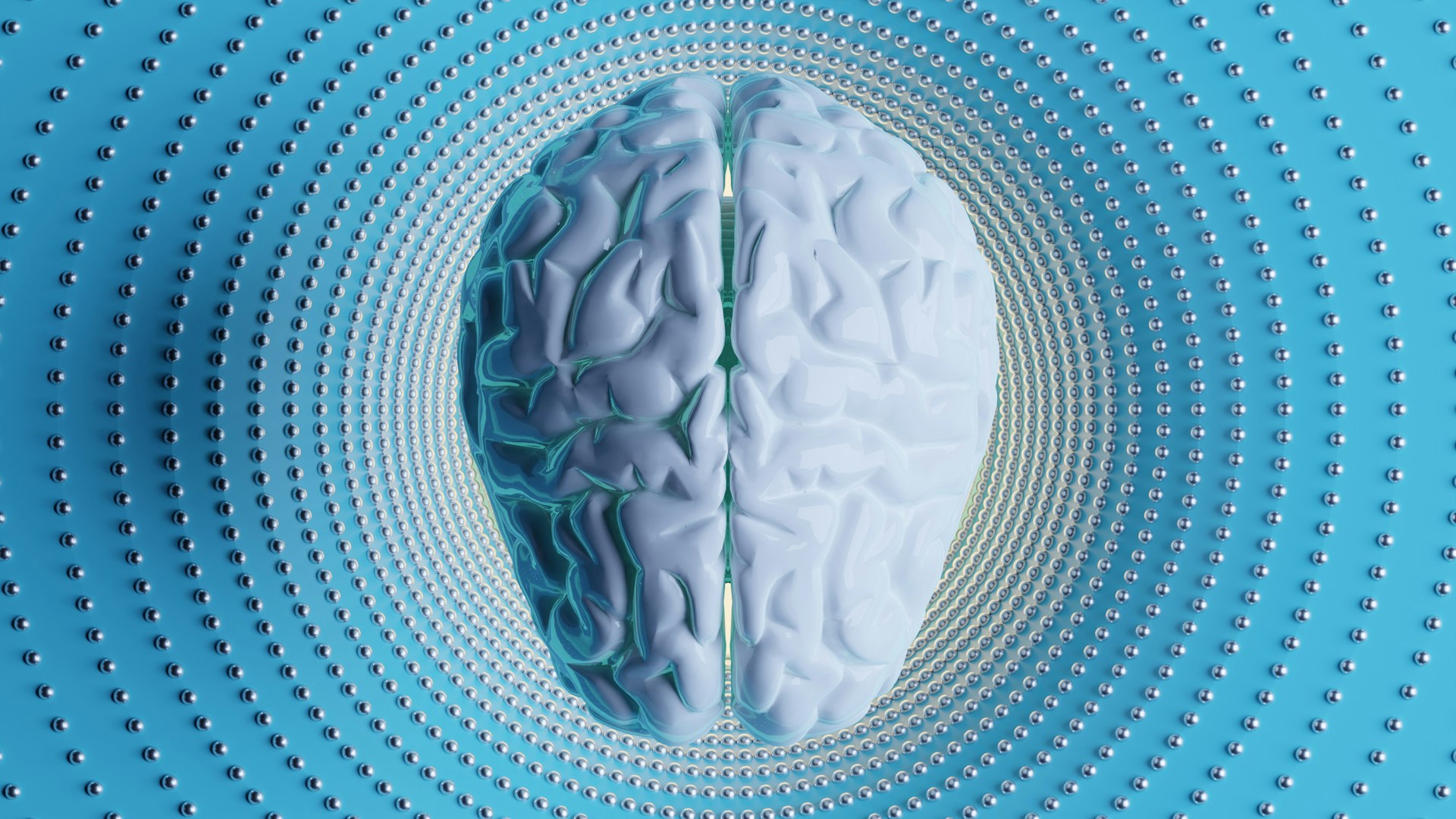For me, storytelling is pure alchemy. It has been a powerful medium of human expression for millennia, imparting meaning and passing down wisdom and knowledge.
Storytelling has played a vital role in human evolution. It facilitated the transmission of critical information needed for survival, such as food sources, water locations, and dangers like predators and illnesses. Humans are social animals, and through time stories have fostered social cohesion and helped communities navigate complex relationships.

Likely because of these compelling benefits, humans are wired to engage with stories. Listening to a story activates not only the language-processing parts of the brain but also regions associated with experiencing—so you don’t just hear, read or see it, you feel it. Chemicals like cortisol, dopamine and oxytocin are released during storytelling, influencing memory retention, emotional engagement and empathy. These elements make storytelling a profoundly impactful form of communication.
Generative AI, driven by large language models (LLMs), can produce stories. But AI storytelling requires significant human input. Users must guide AI through initial prompts and refine its outputs.

AI lacks human curiosity. It cannot explore or grasp nuanced contexts beyond its training data. It wants for emotional intelligence and the ability to feel emotions like heartbreak, joy or fear. Its decisions may be ethically questionable without human oversight. AI cannot draw from authentic lived experiences or convey the intricate emotions behind spoken words.
Enter some pretty high-profile AI–generated brand fails.
So why bother with generative AI at all?
Should we dispense with the use of AI in storytelling completely? Humans need to do so much of the legwork anyway. Germinating the idea and developing the perfect prompts. Checking what pops out and refining, changing, tweaking. Why not cut out the middleman or, rather, the machine?
Besides, aren’t marketing outfits supposed to be framing brands in a more authentic and human way nowadays? Doesn’t it seem perverse to turn to machines to tell stories that will make brands seem more…erm…human?
It pains me to say it, but it seems the jury is still out on this question.
According to a survey of 700 US consumers, humans consistently preferred AI-generated outputs over human content. This was not specifically in the form of stories, but the figures are compelling.
Humans and AI were set tasks. One was to write an introduction for a blog post about the best cat food for indoor cats. AI won 54% to 46%.

In the other five contests, AI trounced humans at writing social media ads (70% to 30% and 54% to 47%), writing a blog post paragraph (60% to 40%), writing a social media post (65% to 35%) and writing a product description (65% to 35%).
Semrush, who commissioned the survey, said in the report: ‘These results show that AI-written content can be effective and resonate with your customers. If you prompt your AI tools well enough, you can create engaging and high-quality marketing copy.’ But added, ‘However, our experiment does not suggest that AI is enough for content writing.’
Humans apparently even prefer AI-generated poetry according to a study from the University of Pittsburgh. Though the caveat here is that the readers taking part in the study were non-expert poetry readers. The authors say: ‘because AI-generated poems do not have such complexity, they are better at unambiguously communicating an image, a mood, an emotion, or a theme to non-expert readers of poetry.’
However, the ‘complexity and opacity’ of human-written poetry is, for experts at least, the main appeal. The results would have been quite different if the participants had been poetry buffs.
AI can serve as a powerful tool, particularly in areas such as content marketing. It can make storytelling more accessible, personalised and scalable to the general consumer.
However, an AI-generated novel is unlikely to win the Pulitzer Prize any time soon. Stories crafted from genuine human emotion and experience will continue to resonate most deeply.
Until, that is, Blade Runner-style replicants start exhibiting human emotions and empathy. But that’s another story…











